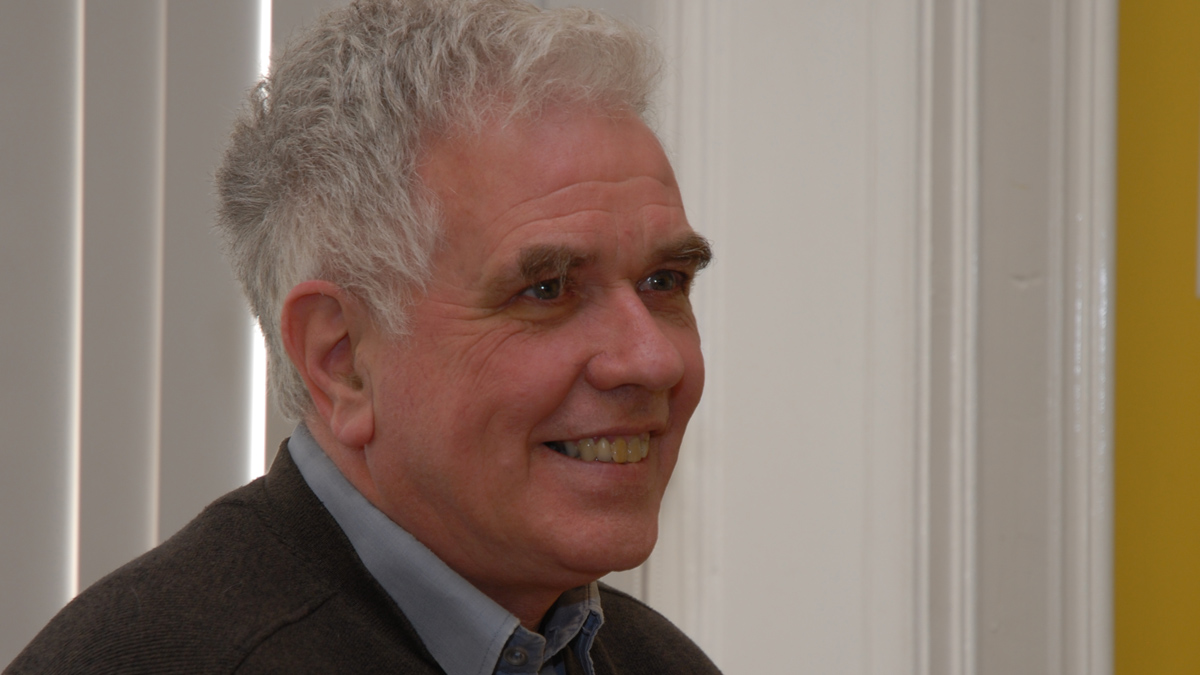
Peter McVerry responds in The Irish Times (11 August, 2017) to the assertion of An Taoiseach, Leo Varadkar that “many, if not most” of the people on the housing list already have houses.
‘During Leaders’ Questions in the Dáil on July 12th, 2017, the Taoiseach said: “There are 90,000 people on the housing list but very many, if not most, have houses and apartments. However, these are houses and apartments that are being provided to them through rent supplement or the private rental sector and they want different houses or apartments that are more appropriate to their needs. It is important to recall that, of those 90,000 on the housing list, the majority are in houses or apartments, just not the permanent homes they would like to have and which we would like them to have.”
So now we know: we have been told by the person ultimately responsible for Government policy. Most of those waiting on housing are already housed! They are already in houses or apartments, but just not the houses or apartments they would like to have. So why is everyone talking about a housing crisis? More fake news!
Putting up with such hardship, and living with the insecurity of the private rented sector, is at least preferable to the alternative: homelessness.
The Taoiseach didn’t mention it but, for some reason, the number of households which “have houses and apartments” but “want different houses or apartments” has more than trebled since 1996. The result is not 90,000 people on housing waiting lists – it is 210,000, including 84,000 children (the 90,000 figure refers to households, not individuals).
The increase in the number of those who “want different houses and apartments” could not, of course, have anything to do with the huge numbers of individuals and families becoming homeless, having been thrown out of their private rented accommodation. They have become homeless either because they cannot afford (even with the Government subsidy) to pay the increasing rents being demanded, or because the banks (including the Government-owned AIB) are repossessing their homes, or because a landlord cannot meet the repayments on a buy-to-let mortgage, or because a landlord has decided to sell up.
The increase in the number of those who “want different houses and apartments” could not have anything to do, either, with the fact that many living in the private rented sector are in accommodation that does not meet the basic standards laid down by the State, for which privilege they pay so much in rent that they find it difficult to afford adequate food, clothing, heating or meet their children’s school expenses. But putting up with such hardship, and living with the insecurity of the private rented sector, is at least preferable to the alternative: homelessness.
There has been a slight decrease in the number of homeless families in Dublin. And the increase in the numbers “who want different houses and apartments” could not have anything to do with people needing disability-accessible accommodation, or people deciding they would “like” a home for themselves and their children, rather than continue to live in their parents’ or sister’s house, which was, of course, built for one family but, still, two families can squeeze in if people don’t mind sharing bedrooms and someone is prepared to sleep in the living room – or even the kitchen.
Most certainly, the increase in the number of people who “want different houses and apartments” could not have anything to do with a failure in housing policy. Because, in fact, housing policy in Ireland over several decades has been very successful – successful in shrinking the role of local authorities in providing social housing and offloading the task on to the private sector; successful in creating a whole new landlord class, including within it an increasing number of absentee corporate landlords; successful at generating profits and making some people very wealthy; successful in ensuring that housing properly reflects people’s earning power and/or inherited wealth; successful at modernising thinking about housing so that many in positions of influence in business and politics, as well as some better-off members of the public, no longer subscribe to the old-fashioned notion that housing is a means of creating a home and being part of a community: instead, they happily (and profitably) think of housing primarily as a commodity, an asset, an investment.
In an environment of such laudable aspiration, ambition and concern for material success, is it any wonder we now have so many more people “who have houses and apartments” but “want different houses and apartments”?
Of course, they would not recognise themselves in that description – they probably still see themselves as people whose current housing situation is a source of hardship, stress and insecurity for both themselves and their children, as people facing the prospect of spending years on the waiting list before they are offered social housing, as people of little concern to a government which does not consider it necessary to declare a housing emergency or take the radical action that the situation demands.
But, still, the people “who have houses and apartments” but “want different houses and apartments” shouldn’t think the Government will not respond with some urgency to “the housing crisis”. Only it won’t be to their housing crisis – rather, it will be the crisis affecting high-earning individuals, including those who work in companies which might want to move to Ireland, or expand their existing operations here, post-Brexit. After all, while all housing crises are equal, is it not fair, in a society based on “merit” and “reward”, that some housing crises are more equal than others?’
Fr Peter McVerry, of the Jesuit Centre for Faith and Justice is also founder of Peter McVerry Trust.
{fastsocialshare}

